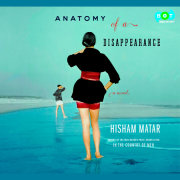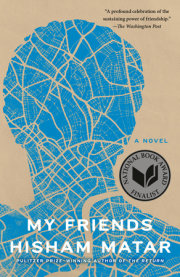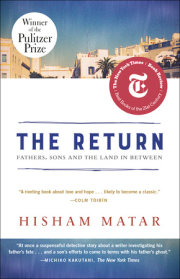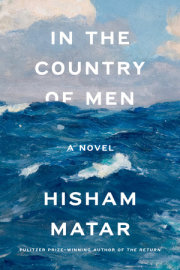Chapter 1
There are times when my father’s absence is as heavy as a child sitting on my chest. Other times I can barely recall the exact features of his face and must bring out the photographs I keep in an old envelope in the drawer of my bedside table. There has not been a day since his sudden and mysterious vanishing that I have not been searching for him, looking in the most unlikely places. Everything and everyone, existence itself, has become an evocation, a possibility for resemblance. Perhaps this is what is meant by that brief and now almost archaic word: elegy.
I do not see him in the mirror but feel him adjusting, as if he were twisting within a shirt that nearly fits. My father has always been intimately mysterious even when he was present. I can almost imagine how it might have been coming to him as an equal, as a friend, but not quite.
×××
My father disappeared in 1972, at the beginning of my school Christmas holiday, when I was fourteen. Mona and I were staying at the Montreux Palace, taking breakfast— I with my large glass of bright orange juice, and she with her steaming black tea—on the terrace overlooking the steel-blue surface of Lake Geneva, at the other end of which, beyond the hills and the bending waters, lay the now vacant city of Geneva. I was watching the silent paragliders hover above the still lake, and she was paging through La Tribune de Genève, when suddenly her hand rose to her mouth and trembled.
A few minutes later we were aboard a train, hardly speaking, passing the newspaper back and forth.
We collected from the police station the few belongings that were left on the bedside table. When I unsealed the small plastic bag, along with the tobacco and the lighter flint, I smelled him. That same watch is now wrapped round my wrist, and even today, after all these years, when I press the underside of the leather strap against my nostrils I can detect a whiff of him.
×××
I wonder now how different my story would have been were Mona’s hands unbeautiful, her fingertips coarse.
I still, all of these years later, hear the same childish persistence, “I saw her first,” which bounced like a devil on my tongue whenever I caught one of Father’s claiming gestures: his fingers sinking into her hair, his hand landing on her skirted thigh with the absentmindedness of a man touching his earlobe in mid-sentence. He had taken to the Western habit of holding hands, kissing, embracing in public. But he could not fool me; like a bad actor, he seemed unsure of his steps. Whenever he would catch me watching him, he would look away and I swear I could see color in his cheeks. A dark tenderness rises in me now as I think how hard he had tried; how I yearn still for an easy sympathy with my father. Our relationship lacked what I have always believed possible, given time and perhaps after I had become a man, after he had seen me become a father: a kind of emotional eloquence and ease. But now the distances that had then governed our interactions and cut a quiet gap between us continue to shape him in my thoughts.
Copyright © 2011 by Hisham Matar. All rights reserved. No part of this excerpt may be reproduced or reprinted without permission in writing from the publisher.










